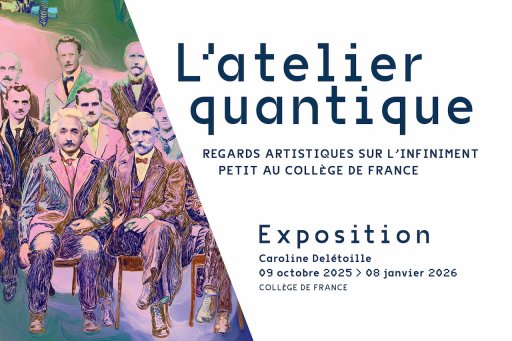Sacred texts in a globalized world
Anne Cheng and Thomas Römer
" France has a problem with the Bible," Thomas Römer once declared. His success at the Collège belies this statement. As does the influence of Christianity on French socialism. France also has a long history with the Chinese tradition. Sinology is a French invention. A chair was created at the Collège in 1814. The fact remains that sacred texts - whether the Bible or Confucius - have to contend with both fundamentalism and trivialized usage. Often instrumentalized in China for political propaganda purposes, often read literally in the West, they urgently need to be interpreted in their historical context. Better still, it's important not to confine them to their cultural area, but to identify the common humanity they conceal.
Understanding the birth of these texts, and measuring their influence, requires a critical eye and an open mind. How can we make these sacred texts speak for themselves?
What do they have to say? Can we escape the wisdom craze? Such is the challenge of this debate...
To read
Cheng A., Histoire de la pensée chinoise, Éditions du Seuil, 1997, 650 p. (awarded the 1997 Prix Stanislas-Julien by the Académie des inscriptions et belles-lettres and the Prix Dagnan-Bouveret by the Académie des sciences morales et politiques).
Cheng A. (dir.), La pensée en Chine aujourd'hui, Gallimard, "Folio Essais", 2007, 478 p.
Römer T., Dieu obscur. Le sexe, la cruauté et la violence dans l'Ancien Testament (Essais Bibliques 27), Geneva, Labor et Fides, 1996, 2nd ed. 1998, 3rd revised and expanded ed. 2009.
Moses, La Découverte.











